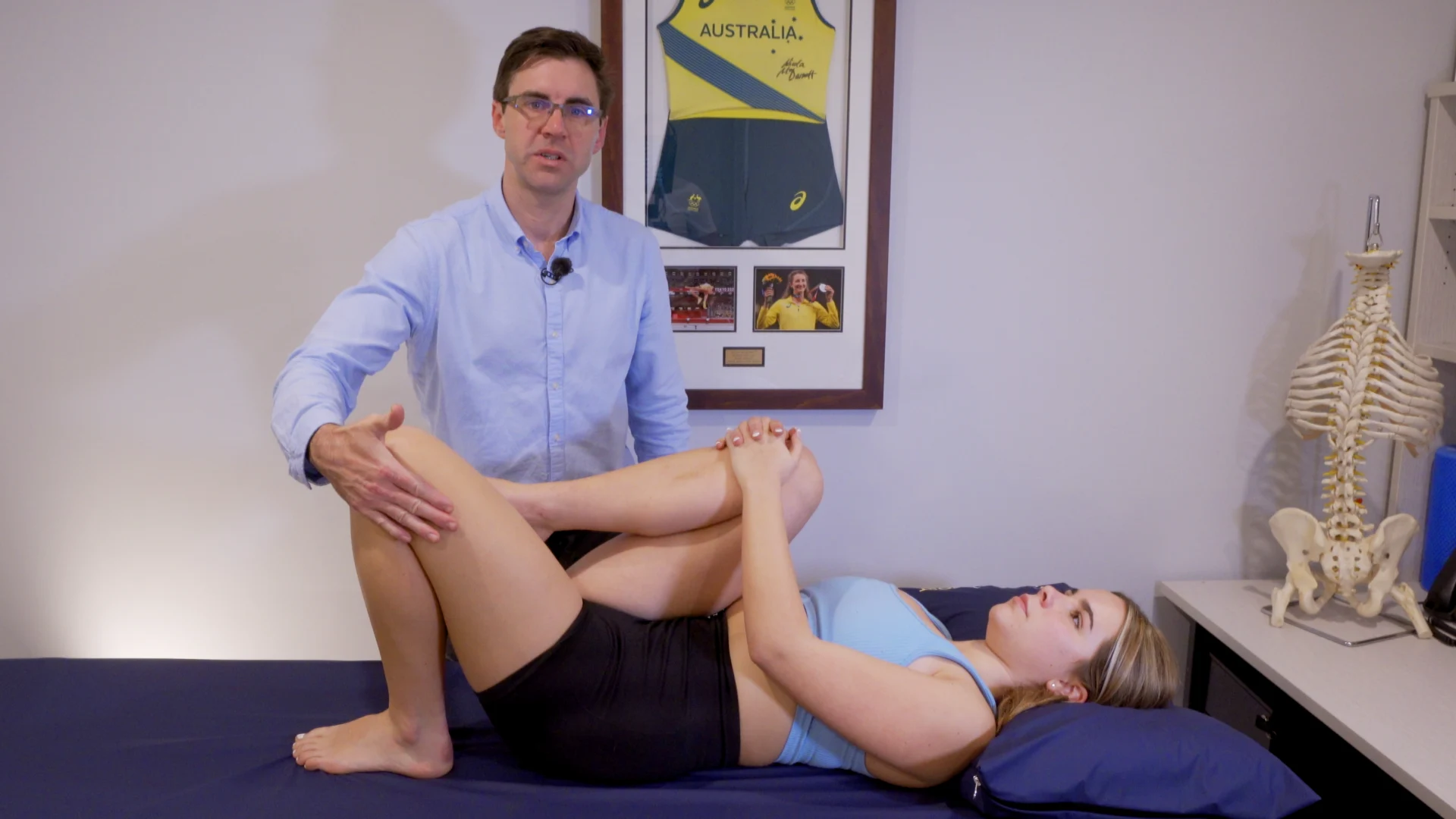What is the first thing that comes to mind when you think of motor control assessment of the lumbar spine? You may have been taught at uni or on a course that “motor control” assessment meant assessing transversus abdominus and multifidus.
The thought was that these muscles were stabilisers of the lumbar spine. The research demonstrated that in the presence of pain these muscles were inhibited and so the assumption was made that muscles were required to be functioning properly for recovery.
In later studies though, we found that preferentially exercising these muscles in isolation is not superior to general exercise and strengthening.
We know that the spine is robust and stable, so the role of these muscles as isolated stabilisers is questionable.
Even more recently, we’re discovering that people in pain tend to over-recruit and brace their abdominal and spinal muscles as a way of protecting their spine.
In other words, people in pain tend to move with less variability and are already stiff, so why further increase their bracing and stabilising patterns?
In fact, bracing and protective movement behaviours may even make their pain worse!
Instead of just assessing the tiny muscles of transversus abdominus and multifidus, we really should look at the effect of the larger muscle groups and the kinetic chain and how they alter the load on lumbar spine structures.
In this presentation with Simon Olivotto (Specialist Musculoskeletal Physiotherapist, FACP), discover a new, evidence-based approach to movement and motor control assessment. Identify when your patients movement strategies, bracing and protective behaviours, or impaired muscle strength, control or endurance throughout the kinetic chain are contributing to their low back pain.
Watch this presentation now to accurately identify whether these assessment findings are linked to your patient's low back pain, so you can target your treatment and effectively reduce their pain.
CLICK HERE to improve your assessment & diagnostic skills with a free trial Clinical Edge membership

